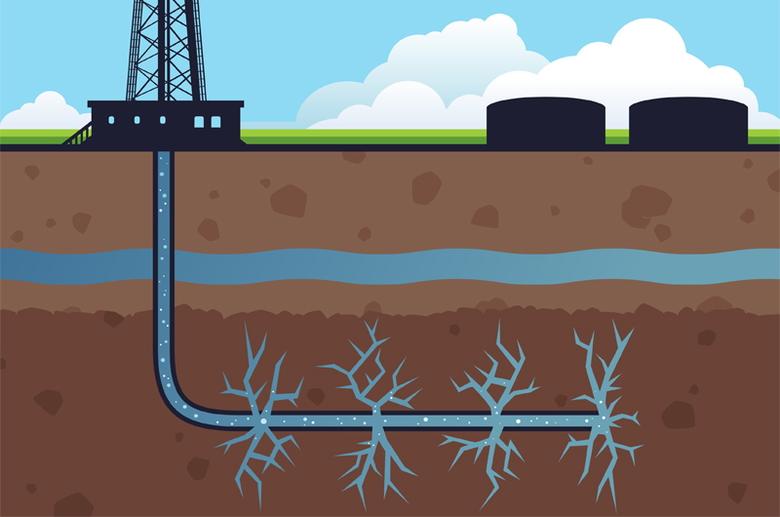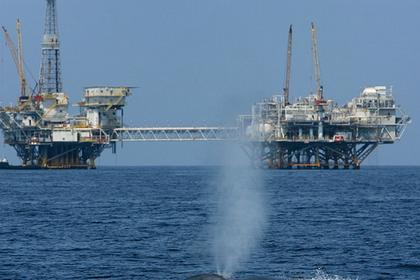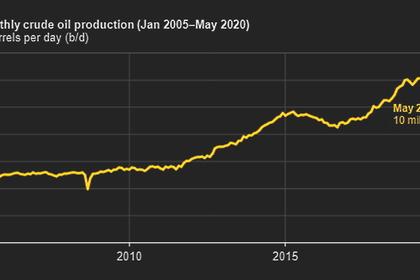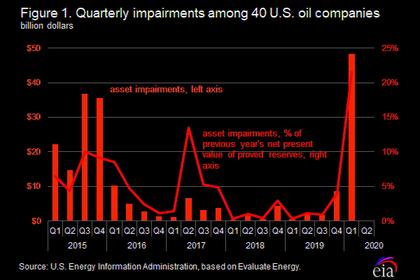
U.S. FRACKING IS IMPORTANT

ENERGYINDEPTH - AUG. 11, 2020 - The effect of COVID-19 pandemic and the associated economic woes, along with intensified trade tensions and global political risks, have together posed unprecedented challenges for the American oil and natural gas industry.
In April 2020, the U.S. oil prices plunged below zero, leaving no takers and compelling even seasoned players to scramble for oil storage. Decreasing demand and political agendas to stop fracking and export of oil and natural gas have added their share to a negative outlook that finds support from protests calling for a ban on fracking. It would seem to some that shale oil and fracking are probably on their way out.
Not so fast.
A ban on fracking may sound noble in some circles, but far from being a practical and permanent solution, it may pose significant impediments to energy generation in the United States and the national economy.
Imagine the Economic & Social Impact of a Fracking Ban
A ban on fracking can do a lot more harm than good.
- First and foremost, it will change the energy sufficiency and net exporter status of the United States and puts the nation’s energy status in the hands of OPEC members and Russia. With the fracking ban, natural gas prices would sky-rocket to 400 percent, and American families would need to pay almost twice as much for electricity.
- A ban on fracking would result in a whopping $4,000 jump in our cost of living with a significant drop in income and can eventually destroy over 19 million jobs within five years, with a total economic loss of $7.1 trillion. Additionally, the lost opportunity cost would adversely impact the next generation with highly constrained future economic growth.
- With a ban on fracking, the United States will no longer have the emission benefits of natural gas as we would have to generate a lot of that energy from coal-fired power plants. Today, renewable sources account for merely 11 percent of the US primary energy consumption, and electric vehicles comprise less than 1 percent of the total fleet in the country.
Switching to renewable energy needs a lot of energy, and this transformation mandates significant preparation. Solar panels, batteries, electric cars, and wind turbines should be manufactured on a mass level, and buildings should be equipped with energy-efficient technologies and new electrical wiring. There should be storage facilities and smart power grids for overcoming intermittency of solar and wind. All this needs transportation and fracking is going to provide the much-needed fuel.
These are some of the reasons why a future revival of fracking is on the cards.
The Many Ways Fracking Benefited the United States
- Reduced Dependency on Foreign Oil
In the last decade, fracking has enabled a record-breaking increase in shale production with a 19-fold increase in oil and an eight-fold increase in natural gas. These unparalleled gains had helped the United States surpass Russia in 2011 (for natural gas) and Russia and Saudi Arabia in 2018 (for oil) and made it the world’s largest producer of oil and natural gas.
From 2010 to 2020, total U.S. crude oil production had almost tripled, and total oil consumption provided by imports reduced significantly. This self-reliance accounts for over half of the nation’s fuel needs, which wouldn’t have been possible without fracking.
- Enormous Job Opportunities
Currently, over 90 percent of U.S. natural gas and oil wells are developed using fracking. According to the U.S. Chamber of Commerce’s Global Energy Institute, the development of oil and natural gas resources supported more than 2.1 million jobs in 2012, which is projected to increase to 3.5 million by 2035. Additionally, 400,000 jobs can be created with a 25 percent increase in the supply of ethane – a liquid obtained from shale gas.
- The Revival of Manufacturing Industry
Besides revitalizing the U.S. chemical industry, the low-cost shale gas has enhanced the global competitiveness of energy-intensive manufacturing sectors in the United States, including steel, aluminum, glass, paper, and food by reducing annual natural gas expenses up to $12 billion through 2025. According to the American Chemistry Council, it will help create one million new manufacturing jobs with $100 billion potential new investment in 148 chemical and plastics projects.
- Reduced Energy Bills for Consumers
Today, natural gas accounts for around 45 percent of U.S. generation capacity and is expected to add new capacity of 235,000 megawatts by 2050. As the natural gas prices plummeted, the natural gas power plants replaced many coal-fired plants that increased gross domestic product (GDP) of 46 percent. The reduction in electricity prices also helps U.S. consumers save several thousand dollars in energy costs. Fracking has also kept gasoline prices in check, which otherwise would have doubled within five years.
- Decreased Greenhouse Emissions
You read that right.
Natural gas emits 30 percent less CO2 than oil and 50 percent less than coal. It has helped the United States reduce CO2 emissions by more than 2.8 billion tons, which are almost equivalent to the combined annual emissions from Brazil, Australia, France, Canada, the United Kingdom, and Germany.
Also, compared to fossil fuels, natural gas emits far fewer pollutants such as nitrogen oxides, sulfur dioxide, fine particulate matter, and mercury that affect the environment and human health. Thus, natural gas power plants supported by fracking are more environment-friendly than coal-fired power plants.
- The Global Importance of Fracking
Thanks to fracking, the United States has become a major exporter of oil and natural gas that is vital for developing nations. The low-cost fuel is a blessing for many in such countries for electricity, heating, and cooking, who otherwise would have to depend on biomass, such as wood and dung, that would have created indoor pollution and health hazards.
Difficult Times, with Hope Ahead
There is no denying that the shut-ins, delays, and consolidations are part of a very challenging time in the history of oil and natural gas in the United States. Taking on the future will mean embracing change and innovation.
Producers will need to consider strategic mergers and the reality of shorter supply chains. Oil and natural gas companies may have to consider the value of remote services and IoT-based asset tracking and monitoring solutions. They may have to revisit strategies and work with responsive partners who can deliver flexible logistics such as frac and gas buster tanks and help make up on lost time in fracking operations. Many businesses might just have to revamp and reinvent if they want to move from familiar to better.
The rules of the new normal have changed a lot of things. The sector seems to have started a rebound in the second half of 2020 with uncompleted wells gradually getting ready to restart production.
The uncertainty is real, but so are the facts that establish the vital role fracking will play in our future. Fracking will eventually assume much significance in the energy sector, not only for the self-reliance for natural gas and oil but also in the long-term for the overall well-being of the economy.
-----
Earlier:










